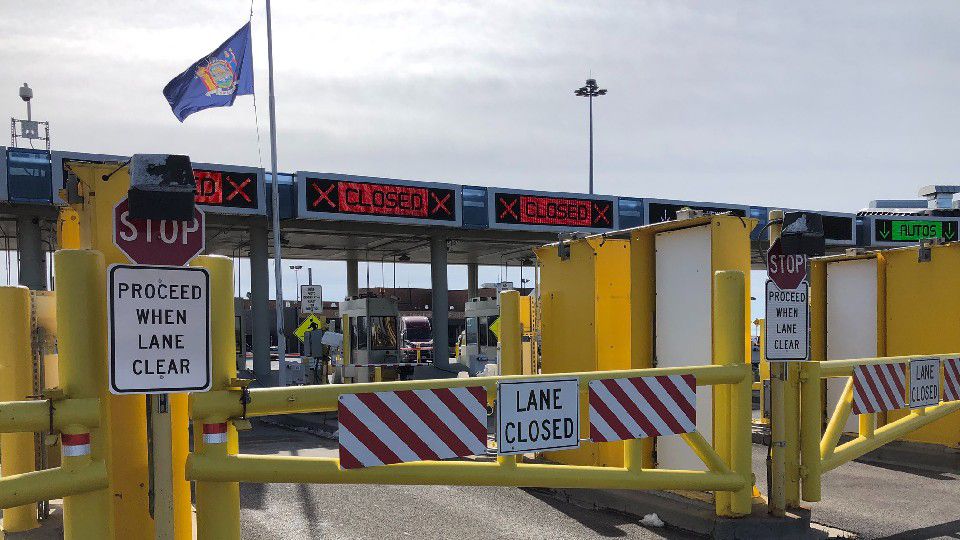New York lawmakers at the state and federal level on Monday cheered the decision to lift Canadian border restrictions by next week, pointing to the potential economic benefits from the move.
A vaccine requirement for cross-border travel is expected to end on Oct. 1, though travel between the two countries was restored after being shut down during the initial months of the COVID-19 pandemic. Additional changes include dropping strict testing and quarantining requirements for travel.
Border communities that rely on Canada for tourism and commuting could benefit most from the change.
"The lifting of burdensome travel requirements at the Canadian border is long overdue and welcome news, particularly for our border communities that have suffered economically for more than two years," Republican Senate Minority Leader Robert Ortt said. "New Yorkers saw the freedom to connect and gather with family and friends suppressed during the pandemic – a freedom that should never again be in the hands of an overbearing government."
Travelers will no longer have to show proof of vaccination, COVID test results or be randomly tested. Much of that information was submitted through the ArriveCAN app, considered to be too cumbersome for many travelers.
“I am proud to announce that, following my advocacy, Canada will finally drop its vaccine mandate and ArriveCAN app requirements,” Rep. Elise Stefanik, a Republican, said. “This is a critical step forward to fully restoring Northern Border travel for our communities and small businesses that rely on this important partnership. Our Northern Border communities have suffered enough from the prolonged closure and restriction to travel, and there is no more reason to delay full restoration of travel."
There had been bipartisan calls for the travel restrictions to ease. In New York, most pandemic-related guidances for mask wearing indoors have ended, though some rules remain in place in particularly sensitive areas.
Democratic Assemblyman Billy Jones pointed to a drop in border crossings since the restrictions were put in place.
"As the co-chair of the Council of State Governments US-Canada Relations Committee, I’ve been working with leaders on both sides of the border to lift these restrictions so that we can once again be united with our northern neighbors," Jones said. "Border communities like the North Country have a unique relationship with Canadians and we’ve all been feeling the negative ramifications of the partial border closure."


